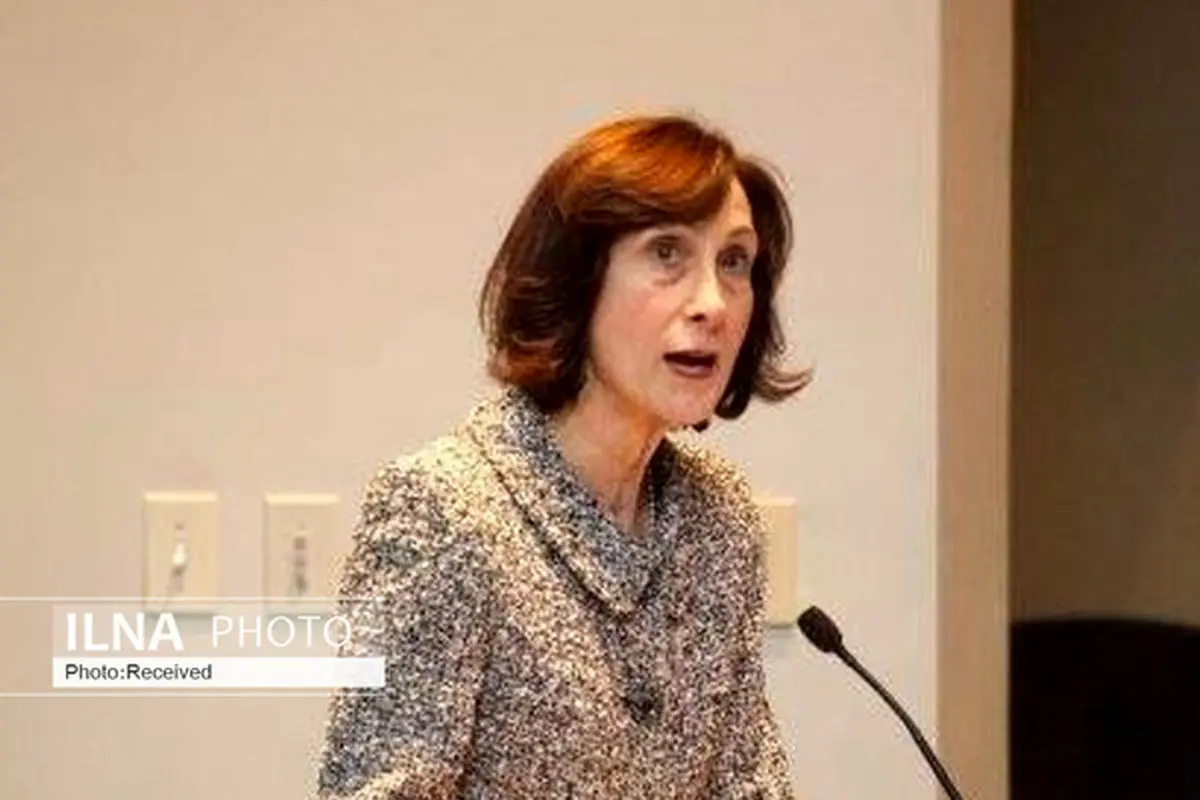The only person benefited from 2016 Turkish coup d'état attempt was Erdoğan

“Turkish government continues to detain those whom Erdogan sees at critical and are thus labeled as terrorists. Just this May over 200 were fired from the Foreign Ministry and detentions,” a Professor of Political Science told ILNA news agency.
Lenore G. Martin is Professor and Chair in the Department of Political Science, Emmanuel College. She is an Associate at the Weatherhead Center for International Affairs, Harvard University, and Co-Chair of the Study Group on Modern Turkey at the Harvard University Center for Middle Eastern Studies.
Below is the interview with this authoritative scholar on the anniversary of 2016 Turkish coup d'état attempt.
ILNA: Three years after the failed coup of 2016, the process of arrests in Turkey continues. Can one conclude that the only person who benefited from this incident was Recep Tayyip Erdoğan?
One could draw that conclusion. Certainly, the economy, social fabric, and security of Turkey has suffered since the coup attempt. With over a hundred and fifty thousand losing their jobs, with thousands in jail or detained, with schools and universities closed, with huge numbers of members of the military, police and judiciary sacked and or jailed, with the media controlled by the President, with businesses taken by the government the country has lost any momentum towards progress economically, politically and socially.
As you point out in your question, arrests are not over. The government continues to detain those whom Erdogan sees at critical and are thus labeled as terrorists. Just this May over 200 were fired from the Foreign Ministry and detentions and arrests continue throughout the bureaucracy and society.
Last July 2018 the government lifted the state of emergency that had been in force following the coup but it substituted new legislation that leaves the country in a situation with almost no protection for citizens to challenge or oppose government policy and with almost no protection if arrested or detained. The new pieces of legislation passed by the legislature and Erdogan’s successful change of government from a parliamentary system to a very strong presidential system have given him unchecked power throughout the country and over domestic and foreign policy.
While trying to make sense of all of this, it is important to remember that the person that Erdogan names as the leader of the coup Fetullah Gulen, and his organization, was a major supporter and important ally of President Erdogan for many years before their split.
ILNA: Some argue that this amateurish coup was originally designed by the state itself to take power and have the excuse of purging its opponents. Others, however, think that this analysis is based on conspiracy theory. Which approach is more correct?
There really is no way of knowing for sure at this point. What we do know is that there were thousands of arrests almost immediately after the attempted coup. So, at least the government had lists ready. Gulen and Erdogan were political allies for so long it had to make creating those lists easier. The government would know who supported various appointments.
The fact that those lists must have existed before the coup attempt might explain why the coup attempt began when it did and appears to have been so poorly organized. Perhaps some on those lists may have found out about the possibility of massive arrests and may have decided they needed to move quickly before they were well organized? That is really conjecture on my part.
ILNA: Can the 2016 coup be seen as a continuation of the serial coups in Turkey from the 1960s to the coup of 1997? What are the points of sharing and differentiating these events with each other? To what extent can reforms such as limiting the role of the army in the Turkish National Security Council and the lifting of the military's immunities on the basis of constitutional amendments in 2011 are effective in generating dissatisfaction and initiating a coup?
First of all the 2016 coup was not successful. Second, there was not the political upheaval and chaos that preceded the earlier coups such as bloody shoot outs on the streets between political activists that brought about the 1980 coup.
In fact, the military after the election of Prime Minister Erdogan ultimately accepted that their power was weakened on the National Security Council. This was because they supported Turkey’s membership process in the European Union, as an extension of the Kemalist policy of looking west. Nevertheless, Erdogan recognizing the tension with some of the militaries who opposed the AKP challenge to secular government organized a number of mass arrests and imprisonments of major military figures and some political opponents referred to as Ergenekorn. Though military challenges did occur there were no organized troops and tanks in the streets as a response.
Coups are very problematic. The military did step down after the coups of 1960, 1971 and 1980 each time turning the government over to civilian governments. But, these were governments that had strong democratic deficiencies. Turkey today is again suffering from an extreme democratic deficit to the point that it is now recognized as an autocracy by most analysts.
Interview by: Kamran Baradaran
